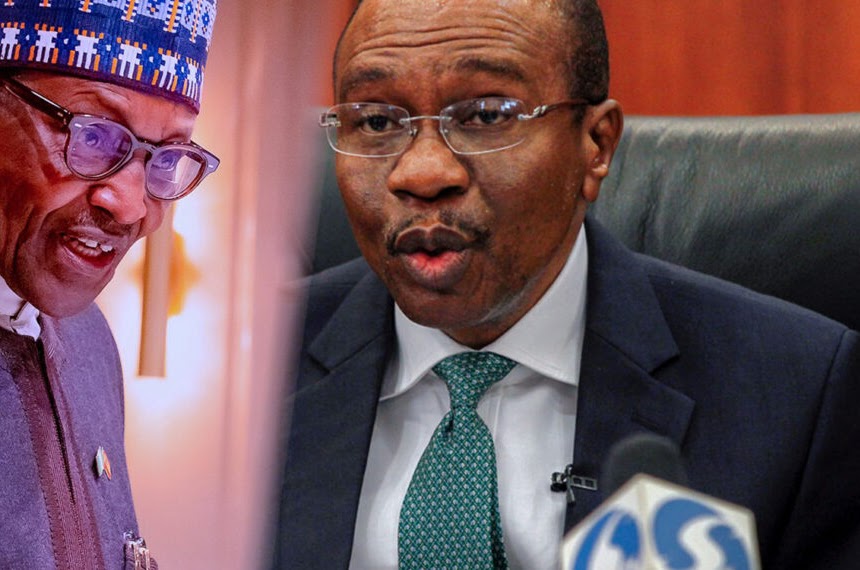The financial disclosure, released this week in a statement marking the first comprehensive publication since 2015, has raised concerns about transparency and accountability in the apex bank's financial management.
The financial statement, which provides a breakdown of expenditures under the stewardship of suspended governor Godwin Emefiele, has sparked discussions regarding the nature and legitimacy of the so-called "other operating expenses."
Analysts suggest that this category could encompass a range of opaque policies, including intervention funds, unsanctioned transactions, and potentially clandestine or illegal expenditures. Moreover, it is susceptible to manipulation, leading to questionable and dubious expense filings.
The financial report unveiled that in President Buhari's inaugural year in office, CBN reported ₦254 billion spent under the "other operating expenses" category.
Subsequent years indicated a consistent allocation to this category, with figures reaching ₦173.6 billion in 2016, ₦155 billion in 2017, ₦190 billion in 2018, and ₦247 billion in 2019.
Of particular concern is the noticeable escalation in the reported expenditures. In 2020, the figures surged to ₦442.5 billion. This upward trend continued, nearly doubling in the subsequent year, with CBN reporting ₦884 billion under the controversial category.
The apex bank's financial disclosure for 2022 reflected an even higher sum of ₦888 billion. Cumulatively, these expenditures amount to a staggering ₦3.2 trillion over an eight-year period.
The revelations have prompted scrutiny of the conduct of Mr Emefiele during his tenure as the governor of the CBN.
Questions have been raised about allegations of financial mismanagement and misuse of funds, including reports that he allocated ₦100 million to the All Progressives Congress (APC) presidential primary ticket during the February 25 general election race.
Mr Emefiele's tenure was marked by controversy, with President Bola Tinubu suspending him from office amid allegations of corruption.
The suspension was based on serious concerns regarding his conduct as the head of the nation's highest bank. This move led to his subsequent arrest and legal proceedings initiated by the State Security Service (SSS).
As the financial statement's contents continue to generate discussions and debate, stakeholders are calling for increased transparency, accountability, and an independent audit of the CBN's financial practices.
The concerns raised underscore the importance of robust financial oversight and ethical governance within Nigeria's key financial institutions.



